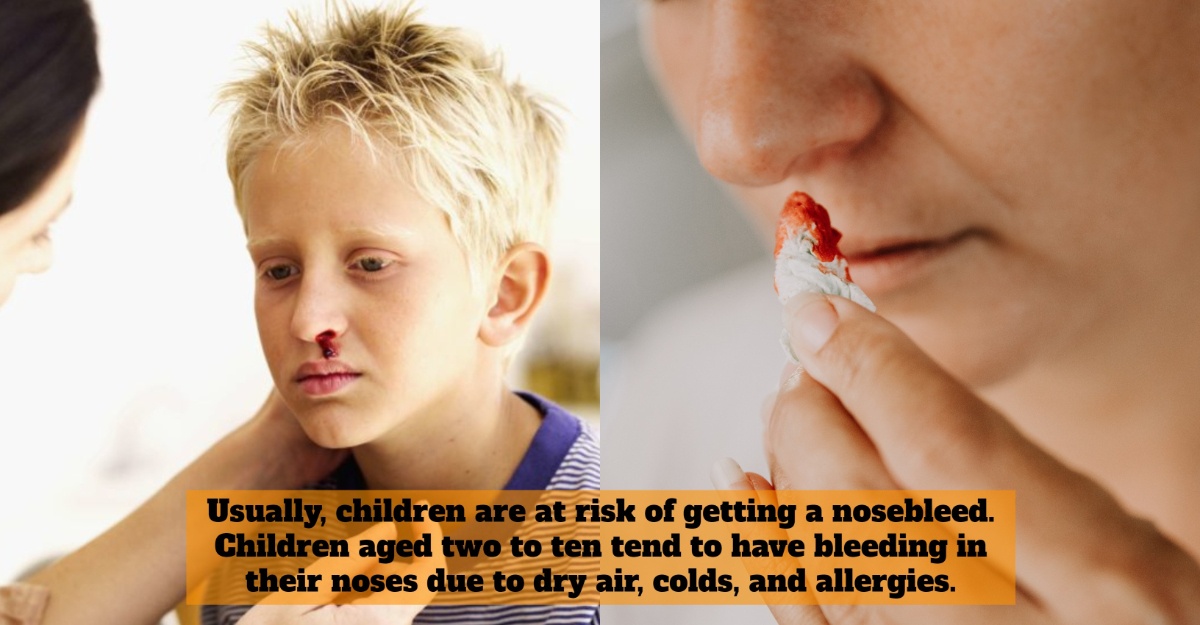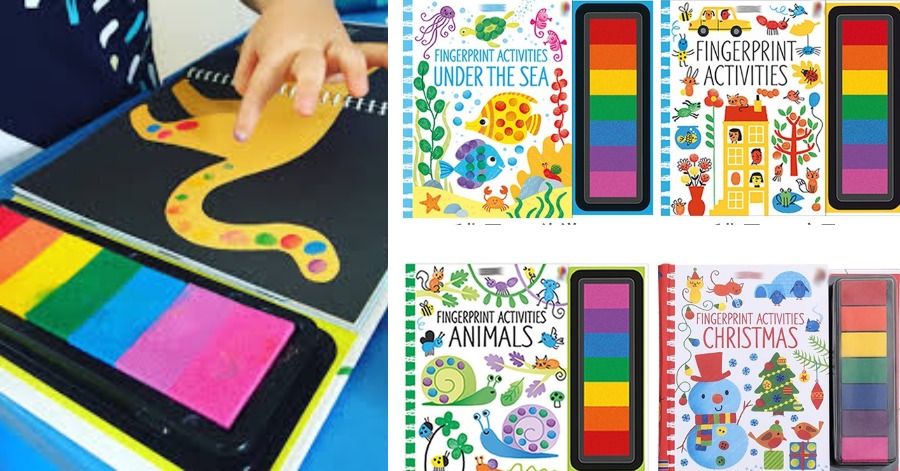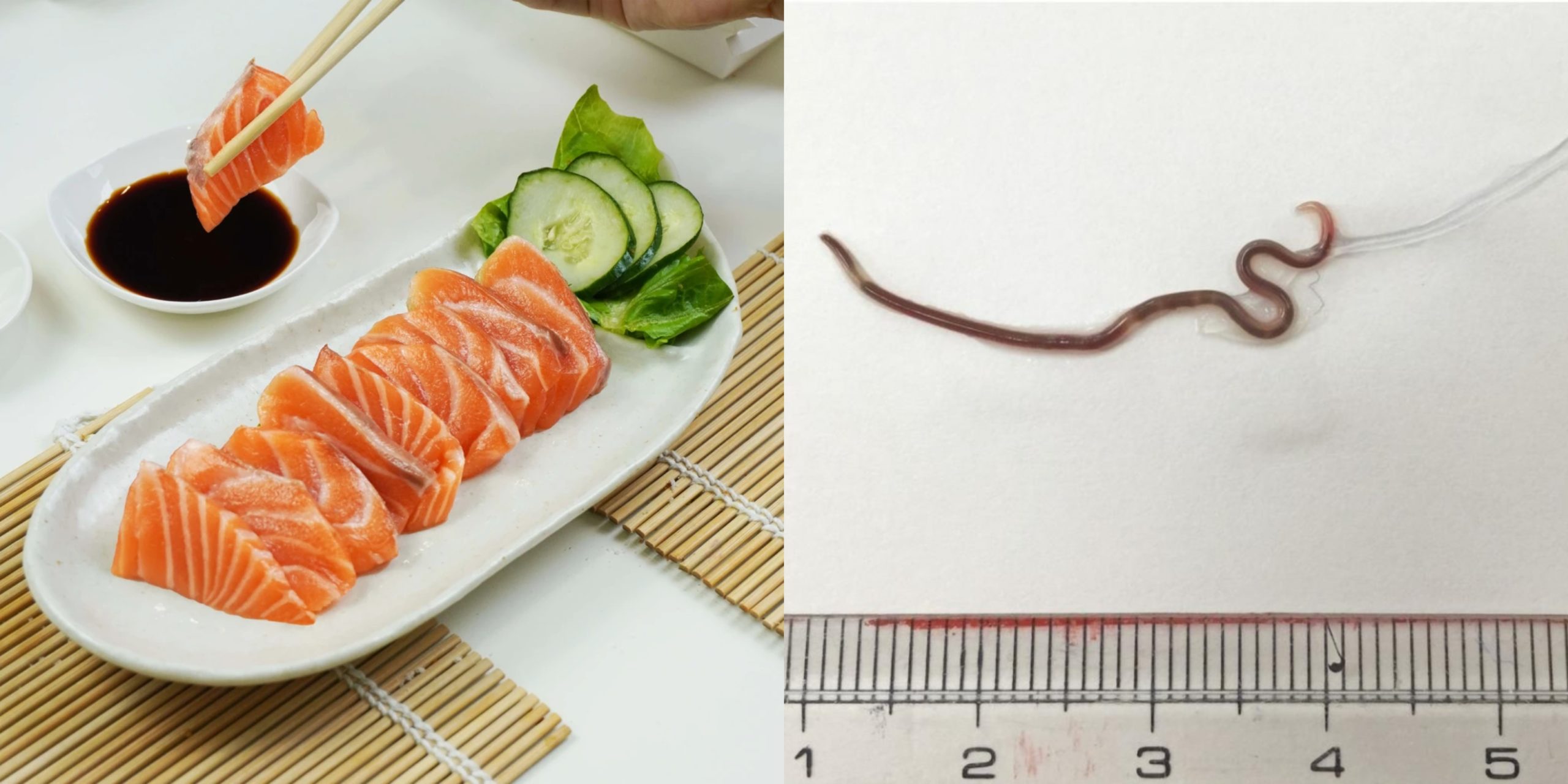Whether adults or children, you will surely panic if you get a nosebleed. Worry not! Nosebleeds are usually not serious. Nevertheless, if you are among those who constantly have a nosebleed, it is time for you to set an appointment with your doctor. Sometimes, having frequent nosebleeds might hint at other medical problems.
Usually, children are at risk of getting a nosebleed. Children aged two to ten tend to have bleeding in their noses due to dry air, colds, and allergies. Sometimes, it is because they might have stuck their fingers in their nose too hard. Aside from their fingers, they may have used other objects.

For adults, those who are aged 45 to 65 may encounter nosebleeds, and so do pregnant women. During pregnancy, the blood vessels in the nose will expand. Thus, it puts pressure on the blood vessels in the nose lining.

Do you know what to do if you get a nosebleed?
1) Do not panic. Just relax. It may sound cliché, but it is a vital step that everyone should not skip in any emergency.
2) Sit straight with your head slightly forward. Do not lie down. This is what some people have been doing wrong. If you lie down, there is a chance the blood will flow through your throat. This action can cause nausea, vomiting, and even diarrhea.
3) Do not use your nose to breathe. Instead, use your mouth.
4) Clean the blood using tissues. Do not put water in your nose to rinse the blood.
5) Pinch the soft part of the nose. Pinch the soft part against the bony structure. Do not make a mistake by pinching the hard part. Pinching the hard part of the nose is not going to help as there is no pressure being put there. Thus, this will not help stop the bleeding.
5) Pinch your nose for about 5 minutes. If the 5 minutes have passed, do check if there is still bleeding. Continue to pinch for another 10 minutes if there is still blood there.
6) Keep yourself from rubbing your nose or sneezing.

If your nose bleeds for more than 20 minutes, it is time for you to see the doctor. Unharmed nosebleeds usually flow in small amounts. If your blood flows rapidly, and you lose a lot of blood, you should call the emergency.
Now, you know the correct ways to deal with nosebleeds!
Source: Cleveland Clinic








